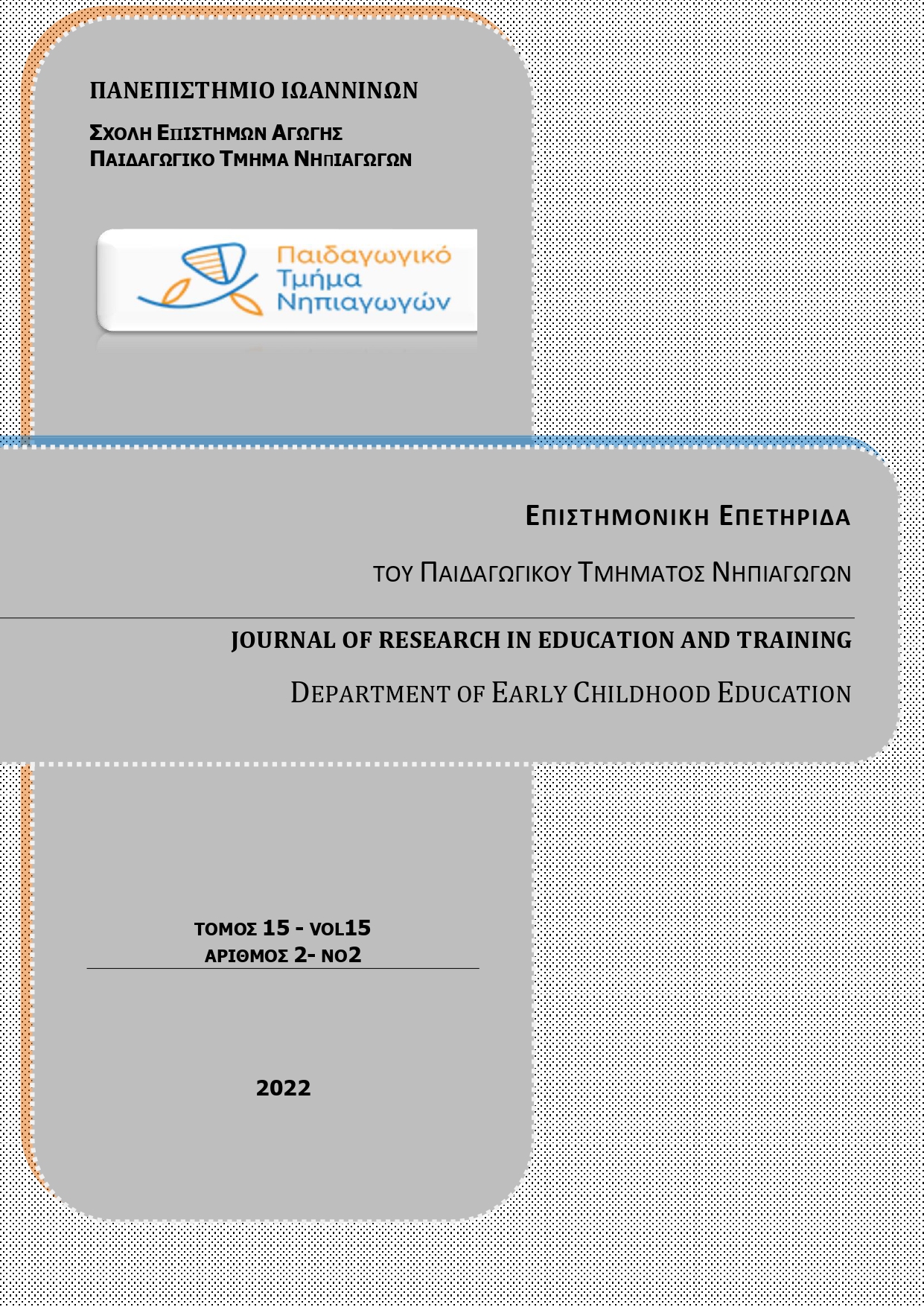Time for education: Ontology, epistemology and discursiveness in teaching fundamental scientific topics

Abstract
Science has the character of construction of explicative normative models, whose semantic value is assessed instrumentally, though the quantified corroboration of predictions, or their compliance with the facts, constituting a separate world. But we oppose to its approach as a "logis tic” activity, depraved of any ontological substantiation, since, this would ignore the meditative or interpretive features salient in it. The ontological appropriation of the world is a multidisciplinary task, which cannot be integrated without a form that combines argumentation with a meaningful discourse, open to culture.
The view of learning science as culture acquisition affords an intuitive, holistic, and rich appreciation of students' experiences in a science classroom. Common cultural mediators in science education are narratives. McClosky and Bruner have been long-time advocates of the use of narrative in education. As a case study, we applied a both cultural and ontological approach to the teaching of time in primary education.
Article Details
- How to Cite
-
Κόκοτας Β., & Πλακιτσή Κ. (2015). Time for education: Ontology, epistemology and discursiveness in teaching fundamental scientific topics. Journal of Research in Education and Training, 3, 49–62. https://doi.org/10.12681/jret.964
- Issue
- Vol. 3 (2004)
- Section
- Articles

This work is licensed under a Creative Commons Attribution-NonCommercial-ShareAlike 4.0 International License.
Authors who publish with this journal agree to the following terms:
- Authors retain copyright and grant the journal right of first publication with the work simultaneously licensed under a Creative Commons Attribution Non-Commercial License that allows others to share the work with an acknowledgement of the work's authorship and initial publication in this journal.
- Authors are able to enter into separate, additional contractual arrangements for the non-exclusive distribution of the journal's published version of the work (e.g. post it to an institutional repository or publish it in a book), with an acknowledgement of its initial publication in this journal.
- Authors are permitted and encouraged to post their work online (preferably in institutional repositories or on their website) prior to and during the submission process, as it can lead to productive exchanges, as well as earlier and greater citation of published work (See The Effect of Open Access).




